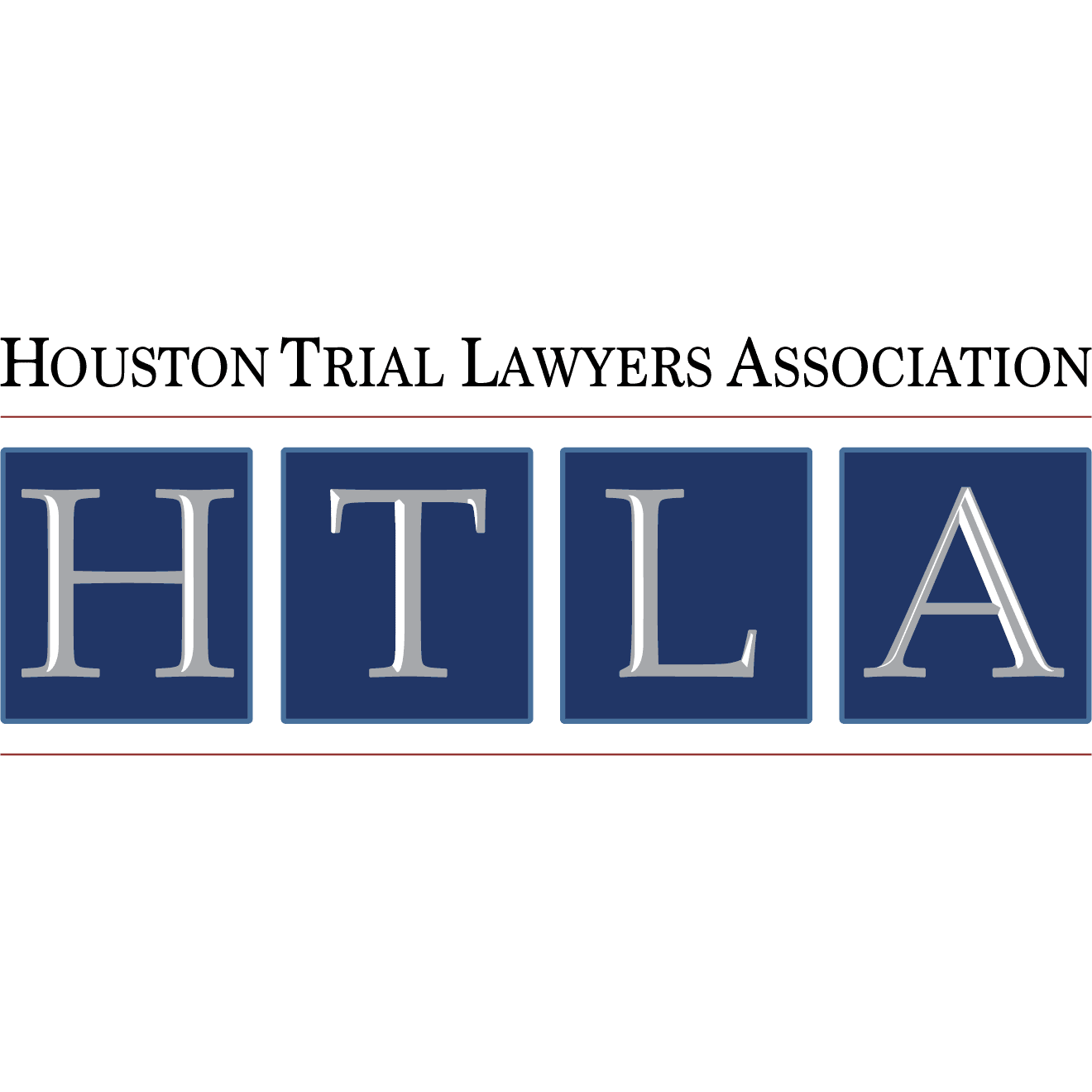Non-Small Cell Lung Cancer
Over A Billion Recovered Nationwide
Non-Small Cell Lung Cancer Lawyers
Providing Legal Support Nationwide for Patients Who Developed NSCLC Due to Asbestos Exposure
Non-small cell lung cancer (NSCLC) is the most common type of lung cancer. Though diagnosis may take a while after the patient starts suffering symptoms, NSCLC develops more slowly than other types of lung cancer and therefore tends to have a better prognosis.
Major activities linked to the development of non-small cell lung cancer include:
- Smoking – The risk for developing the disease is affected by the length and frequency of a person’s smoking habit as well as the tar and nicotine content in the cigarettes (this may differ between brands). Prognosis can be improved by smoking cessation.
- Asbestos exposure – The silicate form of asbestos has been shown to increases the risk of developing lung cancer by five times. The risk of developing lung cancer in persons who have been exposed to asbestos is increased between 80-90 times if they are smokers.
If you were exposed to asbestos when you were younger and have recently been diagnosed with NSCLC, you are likely eligible to make a claim for compensation. Especially when you’re going through difficult treatment, having financial security is essential. Reach out to our attorneys to see how we can help you file an asbestos exposure claim.
Receiving a Diagnosis
Like mesothelioma, lung cancer often has non-specific symptoms that can complicate the diagnosis process. Patients who know they have been exposed to risk factors (smoking, secondhand smoke, asbestos) should keep their doctor apprised of any of the following symptoms, which may be a sign of cancer:
- Hoarseness
- Cough that lingers and/or worsens over time
- Coughing up blood or rust-colored sputum
- Chest pain that may be worse when you cough, laugh, or take deep breaths
- Shortness of breath
- Wheezing
- Loss of appetite
- Unexplained weight loss
- Feelings of fatigue and/or weakness
- Chronic infections such as bronchitis or pneumonia
Depending on the form of the cancer and whether it has metastasized, patients may also experience pain and symptoms in other parts of the body.
Types of Non-Small Cell Lung Cancer
NSCLC has a few varieties that originate in different subtypes. However, all have been grouped together because they have a similar prognosis and are treated using the same methods. Here are the 3 main subtypes of NSCLC
- Adenocarcinoma is the most common form of NSCLC, accounting for approximately 40 percent of all lung cancers. It originates in the glands known as the bronchial mucosa and is usually found in peripheral areas within the lung. This is the subtype most often found in non-smokers and is also more common among women and younger patients.
- Squamous cell cancer is found in the lining of the lung’s airways. It makes up about 30 percent of all lung cancer cases. This disease is typically caused by a history of smoking.
- Large cell (undifferentiated) carcinoma can grow in any part of the lung. It can spread more quickly than other forms of NSCLC and can be the most difficult to treat.
Non-Small Cell Lung Cancer Prognosis
Early-stage NSCLC patients have more treatment options and a better long-term outlook, but there is no cure for this cancer. Stage I patients, whose cancer has not metastasized, may be eligible for surgery to remove the growths. If the cancer is not operable, the average survival time is about 14 months.
In 2007, the Lung Cancer Staging Project gathered data on over 81,000 lung cancer patients from 19 countries to provide the following statistics for NSCLC survival with treatment:
- Stage IA – 58% to 73% will live for 5 years or more
- Stage IB – 43% to 58% will live for 5 years or more
- Stage IIA – 36 % to 46% will live for at least 5 years
- Stage IIB – 25 % to 36 % will live for at least 5 years
- Stage IIIA – 19 % to 24 % will live for at least 5 years
- Stage IIIB – 7% to 9% will live for at least 5 years
- Stage IV – 2% to 13% will live for at least 5 years
Non-Small Cell Lung Cancer Treatments
Surgery, chemotherapy, and radiation all play a role in the treatment of non-small cell lung cancer. Surgical candidates are evaluated in terms of whether or not the tumor is operable and their cardiopulmonary reserve, meaning the heart and lungs’ ability to work together to carry oxygen. Doctors will also consider individual factors that may increase the risk of complications or death during surgery.
Surgical Removal of NSCLC Tumors
The most common surgical approach to NSCLC is a lobectomy, or removal of the diseased lobe of the lung. It is favored because it helps preserve lung function while allowing for a good amount of cancer removal. However, tumors in other nearby areas may require more extensive surgery, including a pneumonectomy, which is the complete removal of the diseased lung.
In patients that have a poor pulmonary reserve, there is the option to treat with wedge resection, segmental resection, sleeve resection, or lobectomy. While these procedures may involve removing some of the organ, part of the affected lung is left intact.
Radiation Can Be Used as an Adjuvant or Front-Line Treatment
Patients with stage I and stage II NSCLC may receive radiation as a follow-up to surgical treatment to remove any remaining cancerous cells. For patients with later-stage cancer, radiation may become a front-line treatment rather than an adjuvant one. For patients who are not able to undergo surgery or chemotherapy, radiation may be used as a solo treatment.
There are multiple kinds of radiation treatments a patient may undergo. Both external and internal radiation therapies are used for NSCLC patients. The best option for each patient will depend on the location, type, and stage of their cancer.
Chemotherapy Is Part of Most NSCLC Patients’ Treatment
Whether after surgery or as a front-line treatment, most patients receive chemotherapy during some stage of their treatment. Chemotherapy is rarely used alone, but it may be used after surgery and/or in conjunction with radiation treatment.
The guidelines developed by the American Society for Clinical Oncology recommend treatment for NSCLC should be a combination of cisplatin/carboplatin (brand name Paraplatin) and another chemotherapeutic drug. Cisplatin is preferred in younger patients, but in older patients or those with several other health conditions, carboplatin may be substituted because it has fewer side effects.
Patients who do undergo chemotherapy are likely to experience side effects including:
- Low white blood cell count accompanied by fever or bleeding as a result of bone marrow suppression.
- Low blood sodium levels, low blood magnesium levels, or kidney failure as a result of the toxic effect cisplatin can have on kidneys.
- Numbness, tingling, burning and/or weakness in the hands and feet as a result of cisplatin, or other chemotherapeutic drugs such as paclitaxel (brand name Taxol), and vinorelbine (brand name Navelbine).
Other Treatment Methods
With medical advances and new clinical trials, a variety of treatment options are available to NSCLC patients. Aside from surgery, radiation, and chemotherapy, a doctor may recommend:
- Targeted therapy
- Immunotherapy
- Laser therapy
- Photodynamic therapy (PDT)
- Cryosurgery
- Electrocautery
- Watchful waiting
- Chemoprevention
- Radiosensitizers
- New treatment combinations
Your health and the stage of your cancer will impact whether you are a good candidate for these treatments. Speak to your doctor to learn more about your options.
Smoking After a Diagnosis
Because the toxins in cigarette smoke can cause NSCLC, it’s no surprise doctors strongly urge patients to quit if they are diagnosed. In fact, many oncologists consider quitting a main pillar of lung cancer treatment. Smoking makes a patient more likely to develop another form of cancer and, if the cancer is removed, more likely to relapse. It can also make side effects worse and/or increase the probability of complications during treatment.
Quitting is difficult, especially when you’re going through a stressful situation like a cancer diagnosis, but there’s no doubt it is worth it. If your doctor or oncologist is not able to provide support, you may be able to find a trained counselor and/or community groups that can help you give up tobacco.
Fighting Back After an NSCLC Diagnosis
At Shrader & Associates, L.L.P., our attorneys have decades of experience working with the victims of asbestos-related disease. Whether it’s lung cancer or asbestosis, any condition that can be tied to past exposure may make you eligible to file a claim. Our attorneys can help investigate to determine where and how you’re most likely to receive compensation. Then, we can provide advice and guide you through the claims process, making it as easy as possible.
You deserve to be taken care of by any company whose negligence led to this point. Filing a claim for NSCLC can help you receive justice and ask for damages including medical bills, missed work, and more. Let us know if you think you may be eligible for a claim. We can help you explore your options and decide what to do next.
We Take Our Clients’ Cases Personal
Helping Victims of Mesothelioma Is Why We Do What We Do
Your firm has made this stressful process easy and comfortable for me.
I couldn’t have done it without you.
The professionals at Shrader & Associates did the work, hassle free, and ensured I was able to leave a legacy for my family.
Your team stood by me throughout the entire process.
Thanks to you, the grief of my loss would have been almost unbearable otherwise.
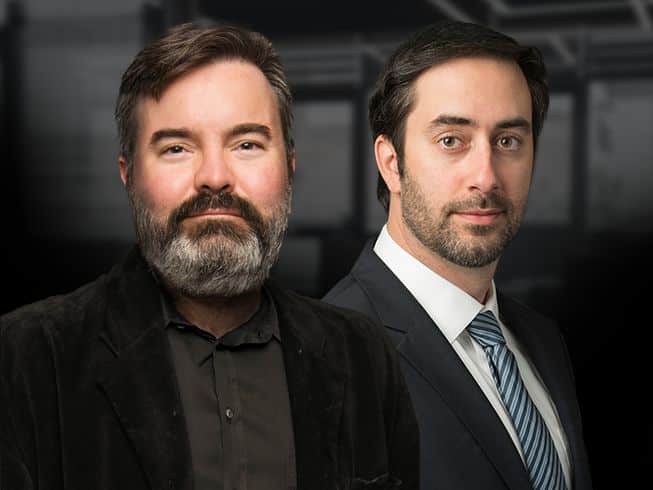
The Right Team Makes a Difference
Mesothelioma cases require technical knowledge and an understanding of complex laws. An attorney with experience trying these claims and substantial resources to leverage on your behalf is your best bet to having a strong case. We are nationally recognized for providing quality representation to mesothelioma patients and their families.
Meet Our Attorney

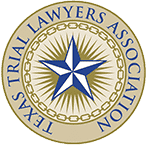
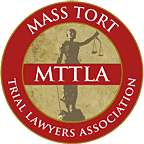



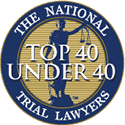



![aaj-leaders-forum[2] Non-Small Cell Lung Cancer](https://shraderlaw.com/wp-content/uploads/2022/04/aaj-leaders-forum2.png)


